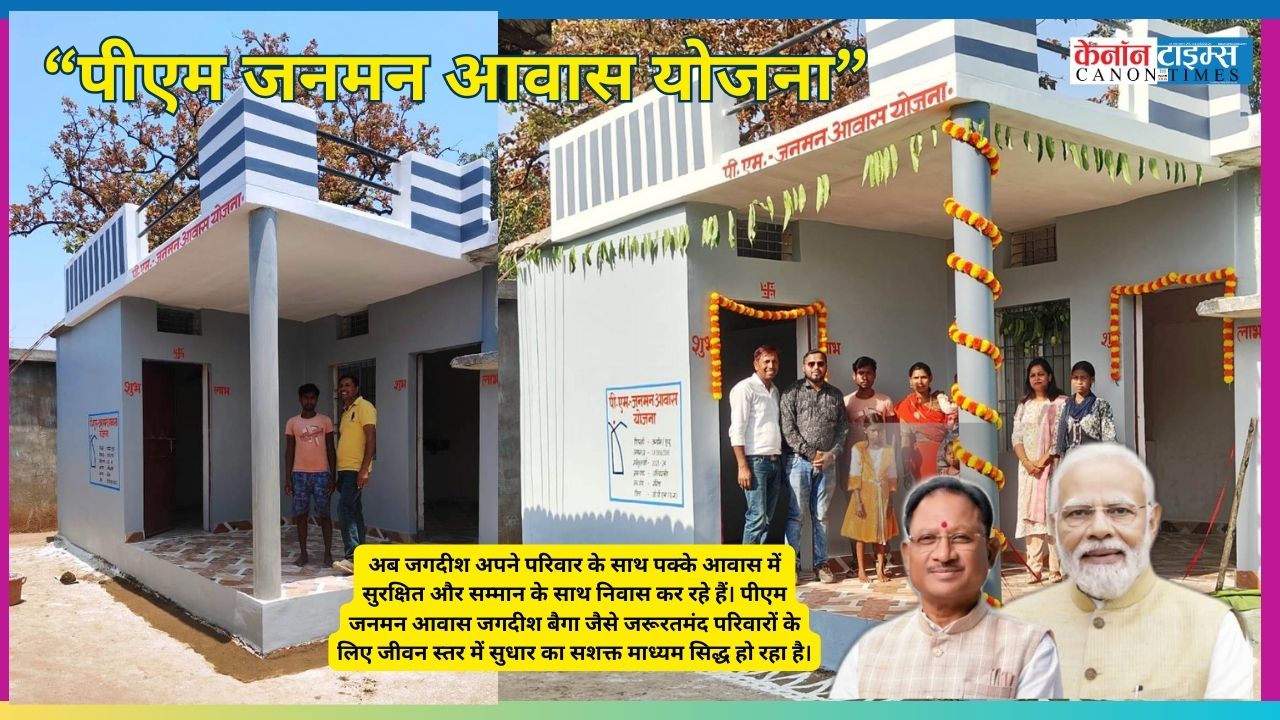Government Formation Delayed Amid Rising Tensions in the BJP-Led Alliance
The stability of the government in Maharashtra is widely presumed, especially after the Bharatiya Janata Party (BJP) secured a significant lead in the assembly elections. However, the delay in portfolio allocation and cabinet formation signals underlying tensions within the alliance partners. Speculation is rife that differences between BJP and Shiv Sena faction leader Eknath Shinde are stalling the process.
The Roots of Portfolio Conflicts in Maharashtra
Maharashtra’s political landscape has rarely witnessed smooth coalition governance when it comes to portfolio distribution. Historically, this issue has often led to intense negotiations, as seen during the Congress-NCP era and later during BJP’s previous alliances.
- Congress-NCP Dynamics (1999-2014):
Sharad Pawar’s Nationalist Congress Party (NCP) always insisted on controlling key ministries like Home, Finance, and Energy, delaying government formation for weeks. - BJP-Shiv Sena (2014-2019):
Similar conflicts arose between BJP and Uddhav Thackeray’s Shiv Sena during their tenure.
In 1995, when coalition politics first emerged in the state, the BJP and Shiv Sena alliance, led by Manohar Joshi, managed to quickly distribute portfolios under mutual agreement. However, subsequent coalitions have been marked by disputes and delays.
Current Scenario: BJP, Shinde, and Ajit Pawar Alliance
The Mahayuti alliance between BJP, Eknath Shinde’s faction, and Ajit Pawar’s NCP has created a peculiar situation. The coalition has a strong majority in the assembly but faces internal rivalries due to its “problem of plenty.”
- BJP’s Position:
The BJP, with 132 MLAs, is just shy of a simple majority and holds the upper hand within the alliance. The party is keen to retain key ministries, particularly Home, for its strategic importance in the upcoming municipal and district council elections. - Shinde’s Demands:
Shinde’s faction, with 57 MLAs, demands prominent ministries such as Home and Urban Development to bolster its influence and secure its political future. - Ajit Pawar’s Role:
With 41 MLAs, Ajit Pawar’s NCP faction has reportedly secured the Finance portfolio, causing Shinde to argue for a similar distribution of power.
Why Home and Finance Matter
The tussle for portfolios like Home and Finance stems from their critical role in consolidating political power:
- Control Over Funds:
The Finance Ministry directs government funds for developmental projects, enabling political leaders to strengthen their voter base. - Law and Order:
The Home Ministry oversees the police force, a visible and influential arm of the government, crucial during local elections.
Sharad Pawar’s mastery of these ministries during his tenure helped establish NCP’s dominance in Western Maharashtra, Marathwada, and North Maharashtra, a model that BJP leaders like Devendra Fadnavis have closely emulated.
Future Implications
The prolonged delay in portfolio allocation underscores the challenges of coalition politics in Maharashtra. While the BJP-led alliance enjoys a comfortable majority, the internal conflicts between BJP and Shinde’s faction raise concerns about long-term stability.
As BJP asserts its dominance and Shinde insists on a fair share of power, the alliance appears increasingly strained. The absence of a robust opposition in the assembly only amplifies this internal rivalry. Observers caution that while the government may remain stable for now, the unresolved tensions could lead to significant political upheaval in the coming months.
In Maharashtra, where coalition politics has become the norm, fireworks over portfolio distribution are not new—but their outcomes are always unpredictable.
Author: This news is edited by: Abhishek Verma, (Editor, CANON TIMES)
Authentic news.






